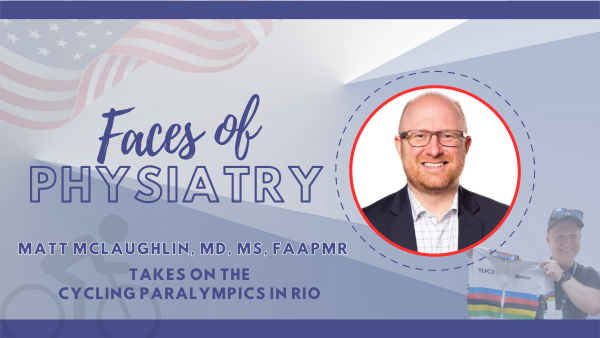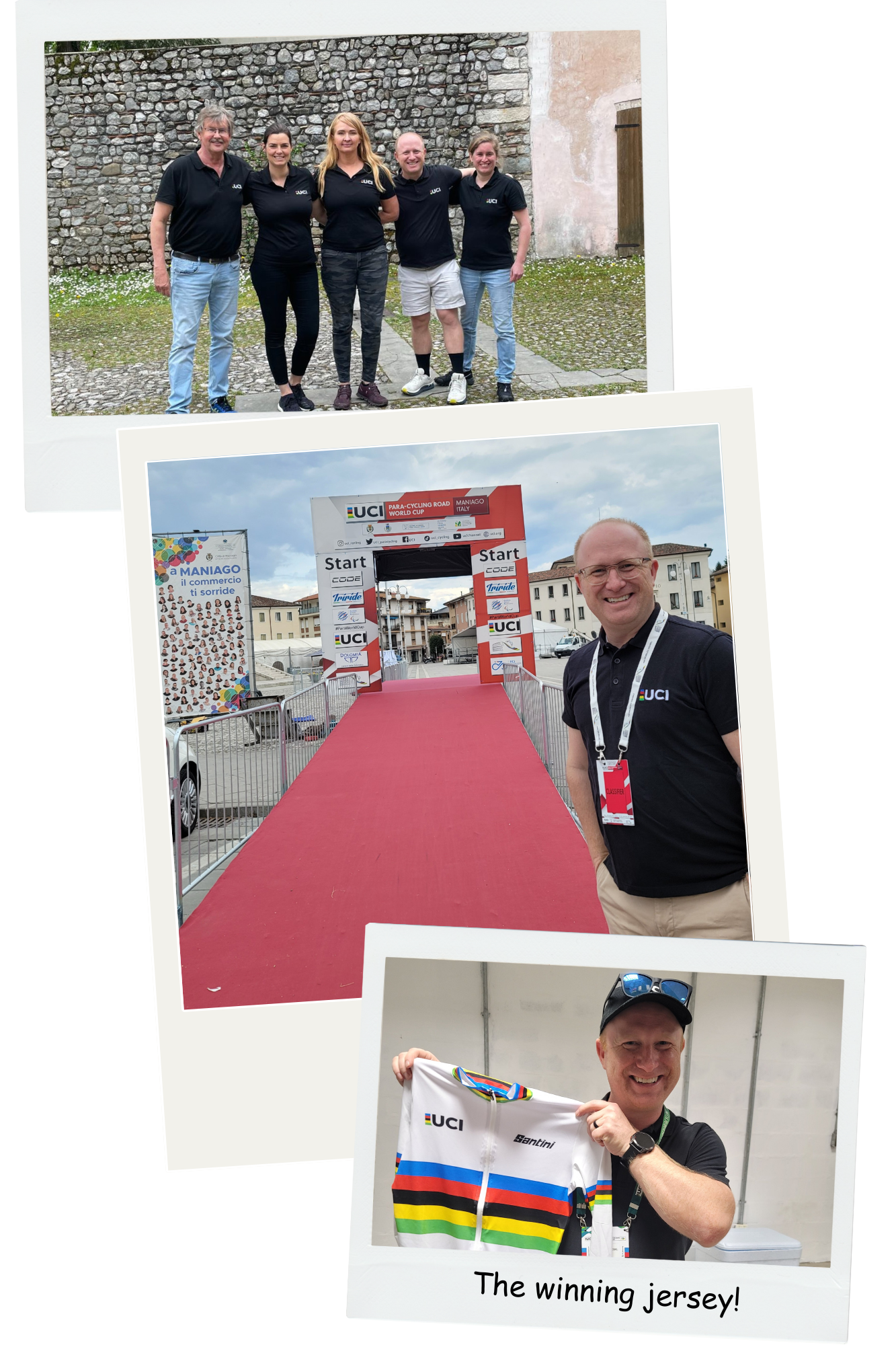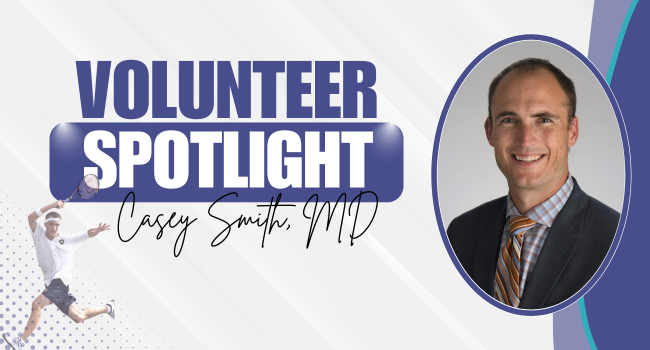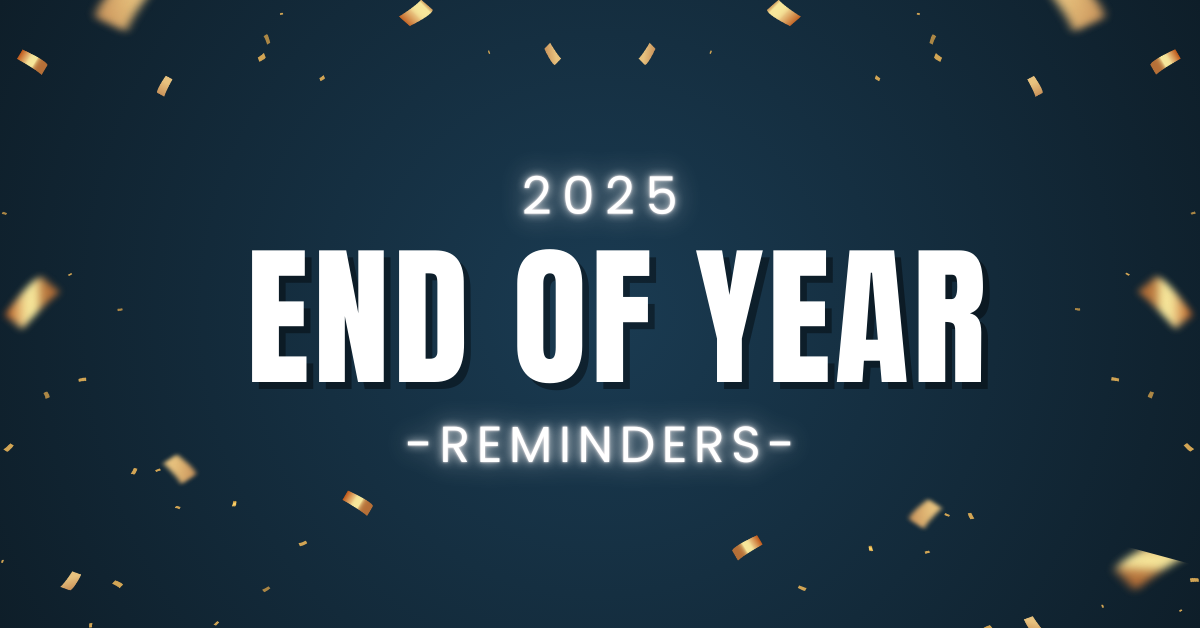Physician Features
Paralympic Cycling: Learn more with Dr. Matt McLaughlin

How did you get involved with Paracycling?
I started as a classifier for the United States Olympic and Paralympic committee. I grew up riding bikes and loved the sport of cycling and triathlon. This merges my interests and passions, both at work with patients with disabilities for inclusion into sport, and then also my own passion outside of work and cycling. Around five years ago, I had the opportunity to attend an international training course through the Union Cycliste Internationale (UCI), which is the organization that is responsible for all the big international cycling races that people may have heard of. That allowed me to become an international level classifier and since then I have traveled to Toronto, Quebec, Rio de Janeiro, Brazil; Venice, Italy; Geneva, Switzerland; and Huntsville, Alabama.
Can you explain what a classifier is?
Classifying is the merging of how somebody's physical impairment may translate to how they are able to pursue a certain sport. In cycling, there are two different classifiers. There's a medical classifier, usually either a physiatrist or physical therapist that does a review of the medical history, a complete physical exam, as it relates to cycling, and then helps determine what initial classification category somebody might be in. There is also a technical classifier which is usually somebody who has a significant amount of knowledge in cycling or a background in riding bikes and understands that if somebody has a certain kind of impairment these would be the kind of things that we would anticipate seeing on a bicycle. They determine how much that impairment translates to how they should be riding a bicycle, maybe a little maybe slightly differently than somebody who does not have that same kind of impairment.
What does a typical event week look like for you?
We arrive four or five days before the event happens, and during that time we see athletes for classifying. We spend time reviewing their medical record, interviewing them, conducting examinations, and watching them do a small preliminary bike ride around an arena. The second part of that is going to the competition and observing the athletes, That could mean standing on a street corner in Italy sipping a coffee and watching cycling. It is a very difficulty job!
What is something cool we might not know about a cycling competition?
The world championships are the singular biggest cycling race of the year (unless it’s an Olympic year) and the coolest thing about winning that is you get a specific jersey that you get to wear for every race you're in that differentiates you from everybody else. Also, for the rest of time you get to have these rainbow colors across the end of your arm armbands when you ride to show that you've been a world champion. That’s the biggest honor there is.
How has working with the Paralympics impacted your daily job as a pediatric physiatrist?
One of my physician partners Dr. Mark Fisher does a similar role with rock-climbing. So together, I think it allows us to educate our patients a lot better about what sport activities may be available to them. We are pediatric physiatrists and typically see younger patients who may not have as much interest in sport because they haven't been exposed to specific sports that may be good for them. It allows us to really promote activity and exercise, which is what our specialty is all about, in ways that we may not have been able to advocate for them in the past. We’ve also opened an adaptive sports clinic that Dr. Fisher runs that caters to the needs of younger athletes with disabilities. We’ve had a few athletes who have been identified as Paralympic level, athletes that have gone to talent identification camps, or who have been recruited to join the Paralympic National team in different sports.
Favorite thing about your recent trip to Rio de Janeiro?
The things that I always appreciate about doing any of these events is seeing how big the world is but at the same time connecting with people who may not speak the same language as you but share the same passions in life and want the best for the citizens of the world.




